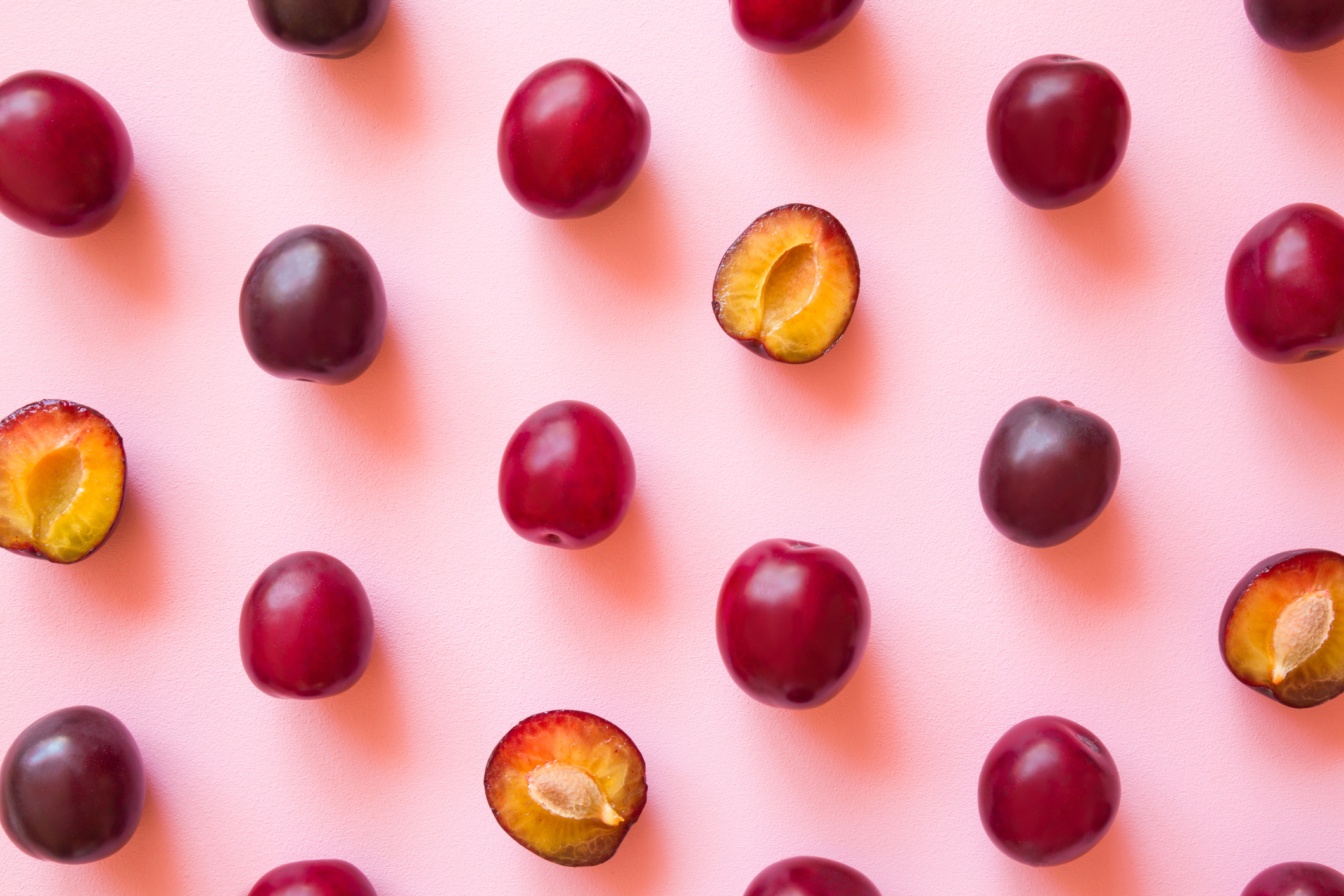Get Easy Health Digest™ in your inbox and don’t miss a thing when you subscribe today. Plus, get the free bonus report, Mother Nature’s Tips, Tricks and Remedies for Cholesterol, Blood Pressure & Blood Sugar as my way of saying welcome to the community!
6 fruits anyone with blood sugar problems should be eating

If type 2 diabetes runs in your family, or if you have reason to be concerned about high blood sugar and insulin resistance, I have some exciting news for you.
Recent research has pinpointed a group of fruits that can lower your diabetes risk naturally.
These “superfoods” are already well known for their antioxidant content that protects against chronic inflammation and metabolic syndrome.
Now, scientists have discovered exactly how the natural compounds in these fruits work at the genetic level to shield us from insulin resistance and diabetes.
Stone fruits do double duty to protect against diabetes
Researchers at Texas AgriLife Research, a state agriculture agency, have found that stone fruits — peaches, plums and nectarines — have bioactive compounds that can fight metabolic syndrome, a group of risk factors that precede diabetes and heart disease.
Each of these fruits contains a mixture of bioactive compounds known as polyphenols that fight obesity and inflammation, two of the major components of metabolic syndrome.
These phenols work together as a team to fight obesity, inflammation, high blood sugar and the oxidation of LDL (“bad”) cholesterol that causes heart disease.
But what makes stone fruits unique is that each of the bioactive compounds they contain also “specializes” in a particular aspect of metabolic syndrome, and works to influence the expression of genes that affect that aspect.
“Our work shows that the four major phenolic groups — anthocyanins, clorogenic acids, quercetin derivatives and catechins — work on different cells — fat cells, macrophages and vascular endothelial cells,” explained Dr. Luis Cisneros-Zevallos of AgriLife.
“They modulate different expressions of genes and proteins depending on the type of compound.”
So, eating more plums, peaches and nectarines does double-duty to help you avoid metabolic syndrome and type 2 diabetes.
Other fruits that fight metabolic syndrome
Aronia berry (chokeberry). You’ll probably find these small, purple berries at your health food store. You can get them fresh, dried, or as a juice. Don’t let the nickname worry you. It comes from the tart, mouth-drying taste of these berries.
Preliminary studies in animals have shown strong evidence that chokeberries, which are higher in phenols than other more common berries, relieve insulin resistance and thus can help stave off blood sugar problems as part of a healthy diet.
Pomegranate. Studies have recently shown us that drinking pomegranate juice is an effective and healthy way to combat dyslipidemia, another major component of metabolic syndrome that leads to high blood pressure and heart disease.
And, an Israeli study found that, although pomegranate juice has just as much sugar as other fruit juices, the sugars in pomegranate juice did not have a negative effect on blood sugar levels in study participants with diabetes.
Blueberries. We’ve long been singing the praises of blueberries as a superfood that’s good for your heart, your brain and your immune system.
A recent study has shown that the anti-inflammatory properties of blueberries may be the reason this superfruit also improves your body’s sensitivity to insulin.
Organic is best
The pesticides that are used in growing non-organic fruits can seep into those “healthy” fruits. To what extent isn’t clear, but fruits like blueberries, plums, and peaches are thin-skinned, so chances are they’re absorbing those poisons.
It’s also unclear how much those pesticides degrade the potential health benefits of the fruits we’ve talked about here. But even if they don’t, consuming toxic pesticides sets you up for a host of other health problems.
For example, artificial estrogens (xenoestrogen) caused by many toxins, including pesticides, have an impact on your body’s hormones (remember, insulin is a hormone), and causes a range of troublesome and potentially life-altering symptoms in both men and women.
The point is, whenever possible, go organic when purchasing these “superfruits” to get the maximum benefit and avoid health complications.
Editor’s note: Are you feeling unusually tired? You may think this is normal aging, but the problem could be your master hormone. When it’s not working, your risk of age-related diseases skyrockets. To reset what many call “the trigger for all disease” and live better, longer, click here to discover The Insulin Factor: How to Repair Your Body’s Master Controller and Conquer Chronic Disease!
Sources:
Peaches, plums, nectarines give obesity, diabetes slim chance Science Daily
Beneficial effects of Aronia melanocarpa berry extract on hepatic insulin resistance in type 2 diabetes mellitus rats Journal of Food Science
One Major Effect of Eating Blueberries, New Study Says Eat This, Not That!













